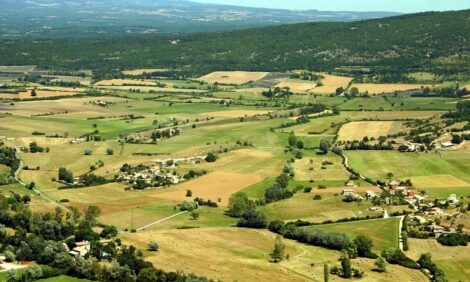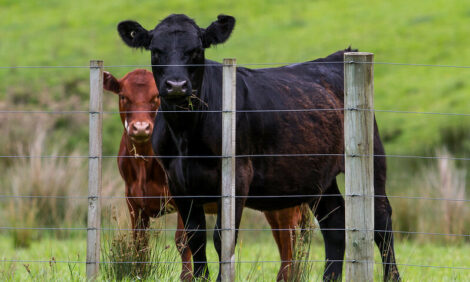



MLA partnership aims to reduce livestock methane output
The partnership aims to reduce methane emissions by 50%
In a recent news release, Meat & Livestock Australia (MLA) announced that it's partnering with Agcotech and the University of Sydney to reduce livestock methane output.
Carbon neutrality is as much about production as it is about reducing methane output in cattle and sheep. Both go hand in hand, where new additional pasture technologies increase profits alongside improving rumen function and lowering greenhouse gasses (GHG).
MLA and Agcotech have formed a partnership alongside the University of Sydney to further develop pasture supplements that deliver new mitigants that directly suppress methane production, whilst improving breeder condition and weaning rates. MLA are also continuing to improve GHG accounting systems to help red meat businesses demonstrate a carbon neutral or low carbon status at farmgate.
Managing Director at MLA, Jason Strong said, “The partnership between Agcotech and the University of Sydney is one example of an investment that aims to bring profitable livestock methane technologies to market through the Emissions Avoidance Partnership (EAP)."
“MLA is also leading the Environmental Credentials for Australian Grassfed beef project, in a consortium with World Wildlife Fund-Australia and The University of Queensland," Strong added. "This project is funded through the Federal Governments Landcare Grant program ‘Smart Farming Partnerships’.
“This investment will enable grassfed beef producers to demonstrate their environmental credentials and reduce their emissions to access market opportunities and participate in carbon neutral and low carbon supply chains,” Strong said.
Agcotech Chairman, Charles (Chick) Olsson believes the Australian Red Meat industry is leading the world in all classes of Environmental, Social, and Governance (ESG) policy, and this newest collab between MLA, The University of Sydney and Agcotech, will potentially take the red meat industry to a new level on the international playing field.
“Australia has dominated the red meat market with best practice on farm welfare, and now looks forward to repeating performance to achieve CN 30," Olsson said. "I fully support this huge goal, and believe with the right motivation, we can shift the red meat industry to even higher levels of production and control methane at the same time to be the envy of the world."
Agcotech already has two products already released into the Australian market, and one product released into Asia. Various methodologies exist for Australian farmers:
- A new energy supplement that intends to meet ‘additionality’, under the existing beef herd methodology method. This method is classified to reduce “’methane intensity’ aiming at increasing liveweight gain during dry seasons, allowing animals to be turned off earlier: also aiming to identify nonperforming breeding cows allowing them to be shipped off the property earlier, all adding up to a reduced carbon footprint and more productive herd.
- A direct abatement pasture product that achieves a modest CO2e reduction in methane produced by cattle, mainly for southern regions in Australia (NSW and below), while also improving pasture digestibility. This method will allow graziers to participate in a Voluntary Carbon Market, offsetting their emissions against their footprint to begin a pathway to Carbon neutrality.
It is hoped over the next 4 years, this joint investment in new or existing combinations of methane mitigants combined with patented feedblock technology, will allow higher levels of direct methane mitigation (target 50%), whilst improving production on pastures.
TheCattleSite News Desk


